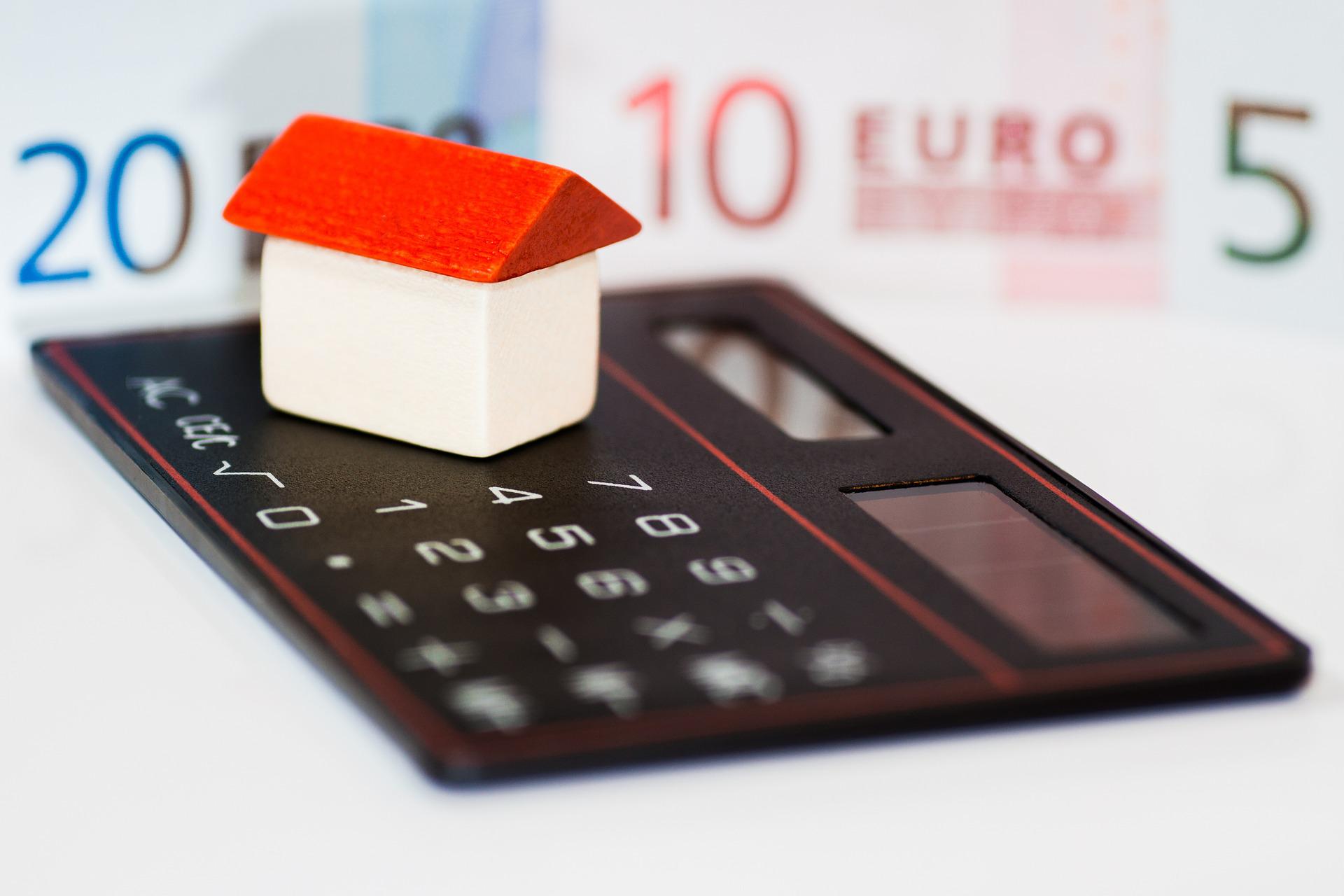Everyone who has signed a mortgage or even who is inquiring about signing one soon has heard of Euribor. But do we know exactly what it is Euribor? Do we know how Euribor affects us? In this article we explain it in detail.
What is Euribor?
Euribor is an economic index belonging to the countries of the Eurozone. Its acronym refers to the “Euro InterBank Offered Rate” and refers to the price that European banks pay to lend money to each other. In other words, if a European bank lends another European bank an amount of money X, the bank that receives the money must return the amount X that it has received plus interest, which will be calculated according to what the Euribor marks at the time of realization of the loan or at the time of repayment.
Why does Euribor rise?
Euribor has been rising positively since April 2022. At the time of preparing this article, we have data indicating that in August 2022 the Euribor is located at 1.778%, at 12 months. As a reference, in January of this year it was situated at -0.453%.
The rise in Euribor is motivated by several reasons, the war in Ukraine its main trigger. It is a whiting that bites its tail, let’s see why:
- The war in Ukraine causes a supply crisis in Europe that leads to a general increase in prices.
- Remember that before the war broke out we were already witnessing a supply crisis caused by the increase in consumption due to the generalized savings resulting from the COVID pandemic.
- Persistent generalized price increases over a period of time cause inflation. Inflation reflects the diminishing purchasing power of the currency, that is to say, what a year ago we could buy with 10 euros, today we will not be able to buy it with these same 10 euros due to the increase in its price.
- The European Central Bank, with the aim of cooling consumption so that demand decreases and stops increasing, raises its interest rates. In other words, the banks that borrow money from the European Central Bank will pay more interest on this money, therefore, and going back to the point where we explained what Euribor is, it will rise, because the banks will have to increase their own interest rates to face the rate hike of the European Central Bank. Does it make sense?
How does the rise affect us?
The rise in Euribor will affect our mortgage to the extent that we have signed a variable-rate mortgage. Fixed-rate mortgages will pay the same interest rate throughout the life of the loan, while variable-rate will be affected by rises or falls in the benchmark index (mainly Euribor*).
Conclusion
With this data, those mortgages signed at a variable-rate referenced to Euribor, will see an increase in the monthly installments paid to the bank. For example, a mortgage of 150,000 euros with a variable-rate for 30 years, with a differential of 1% plus Euribor, will see an increase in your installment of about 120 euros.
The forecast is that Euribor will continue to rise because the European Central Bank will probably raise its interest rates again on September 8, for the reasons mentioned above.
Here you can consult the official source of the Bank of Spain regarding the information on Euribor rates in recent months and years: https://www.google.es/url?sa=t&rct=j&q=&esrc=s&source=web&cd&usg=
Contact us fore more info!
* It is hereby remarked that there are more benchmark index used by the banks at the time of referencing mortgage loans, such as the IRPH.



